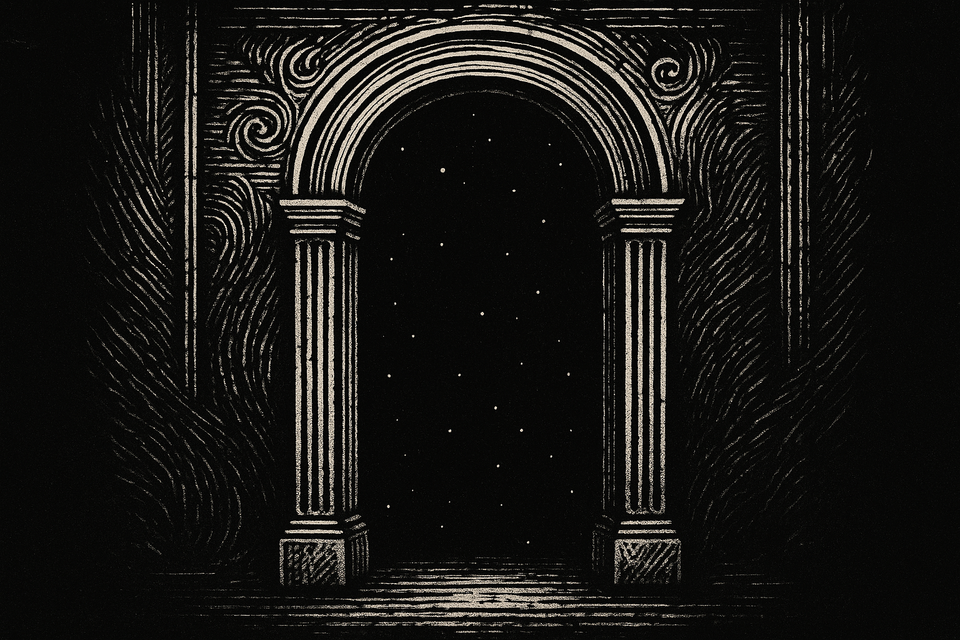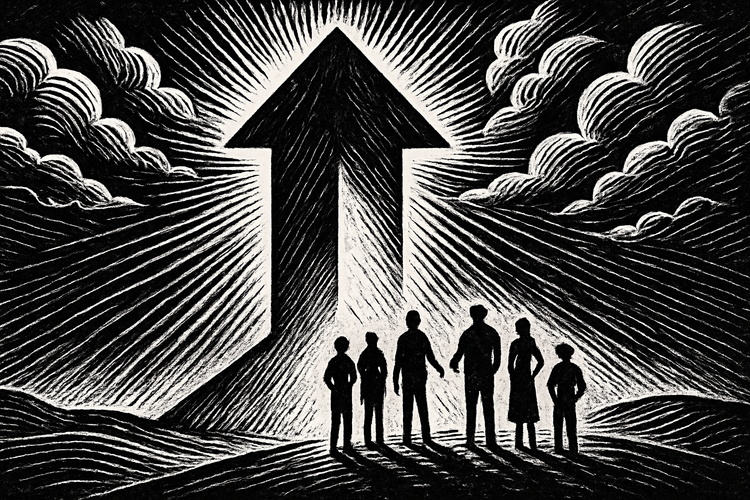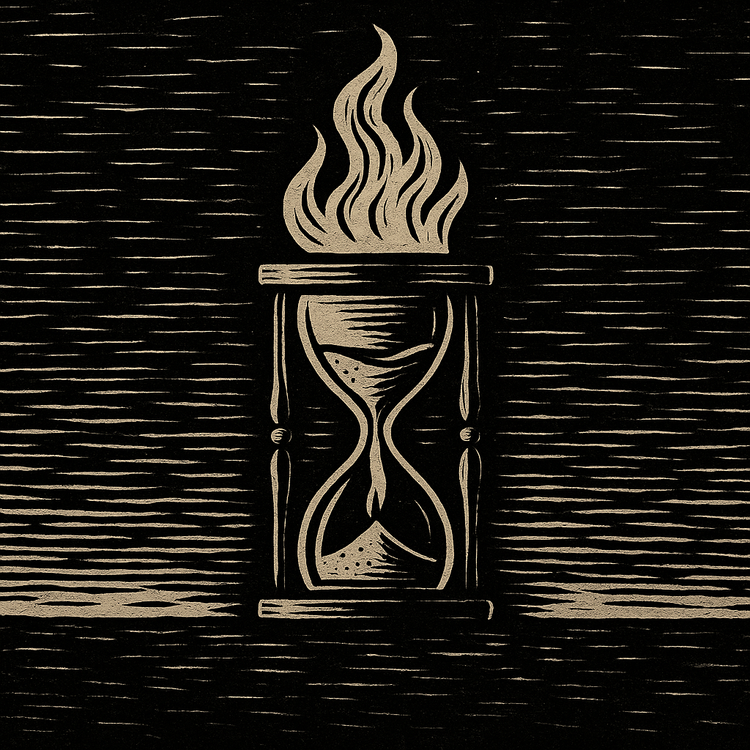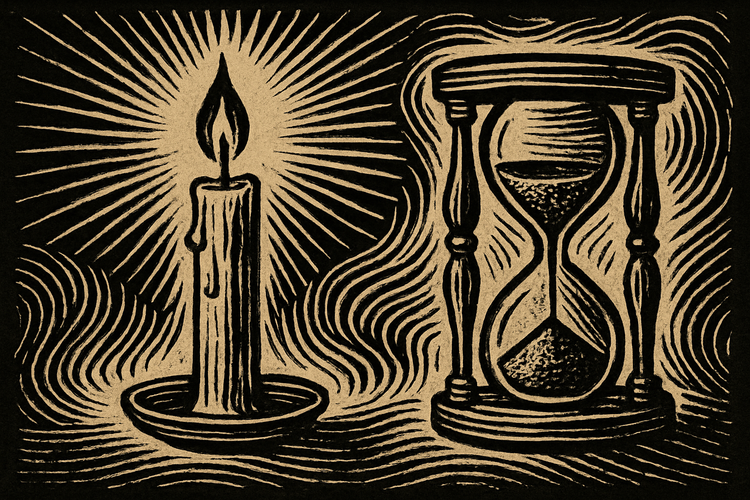The Good Place S2E4 "Existential Crisis"

Spoiler Warning: This reflection contains full spoilers for The Good Place, including retrospective insights and thematic allusions. It assumes familiarity with the entire series and is written from the perspective of a rewatch.
For Michael, ethics has always been an abstract puzzle with no real stakes — an academic exercise in rules meant for finite beings. Retirement, in his mind, was simply part of the bureaucratic order of things, a fact of existence he’d never needed to dwell on. That changes when Chidi reframes it not as a technical procedure, but as obliteration: nothing left, no reset, only blackness. In that instant, Michael’s immortal detachment cracks. The prospect of nonexistence doesn’t just unsettle him — it sends him spiraling toward an existential crisis that mirrors the human condition. Mortality, it turns out, is the first true bridge between them. It’s the reason humans have “skin in the game,” and perhaps why morality exists at all — though that raises its own question: if self-preservation is the root, can morality ever be entirely pure?
Michael’s crisis begins in quiet dread. The reframing of retirement lingers, forcing him to sit with the same void humans live beside every day. For a moment, he’s just there — not plotting, not posturing, simply feeling the weight of an end he can’t undo. It’s Eleanor who inadvertently offers him an escape hatch, suggesting he push all his feelings down. He takes the advice literally, leaping from existential paralysis into a full-blown midlife crisis — gaudy clothes, fast cars, lavish distractions. If immortality kept him outside the human moral framework, the shock of potential nothingness pushes him straight into another human hallmark: the urge to bury existential fear under spectacle. Chidi, meanwhile, recognizes the opportunity in Michael’s unraveling. Fear of death, unpleasant as it is, can be the start of moral growth — the moment when ethics stop being theory and start being necessity.
That awareness of mortality extends beyond Michael’s panic. Eleanor notes that humans live with a low hum of sadness all the time, the quiet consequence of knowing life is temporary. It’s a truth the others nod at but don’t dwell on, each deflecting in their own way. Tahani covers her insecurities with grand gestures and perfectionism, a defense that Jason pierces with unexpected sincerity: “Be nicer to yourself.” It’s advice that lands not as philosophical insight, but as instinctive kindness — a reminder that sometimes the most human moral act is simply to ease someone’s self-inflicted burdens.
If Season 2 has been quietly conspiring to pull Michael into humanity’s orbit, “Existential Crisis” is the shove he couldn’t avoid. The same unseen hand that forces the humans to confront their flaws now pushes Michael toward the fundamental truth that shapes all moral choice: existence can end, and when it does, the outcome is final. For him, that means the possibility of being erased; for the humans, the eternal sentence of the real Bad Place. His panic may look like farce, but it’s the first genuine crack in his otherworldly detachment — the first sign that the moral lessons he once oversaw from a distance may now have to pass through him as well. In this neighborhood, no one gets to stand outside the experiment forever.



Comments ()